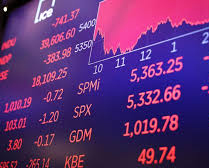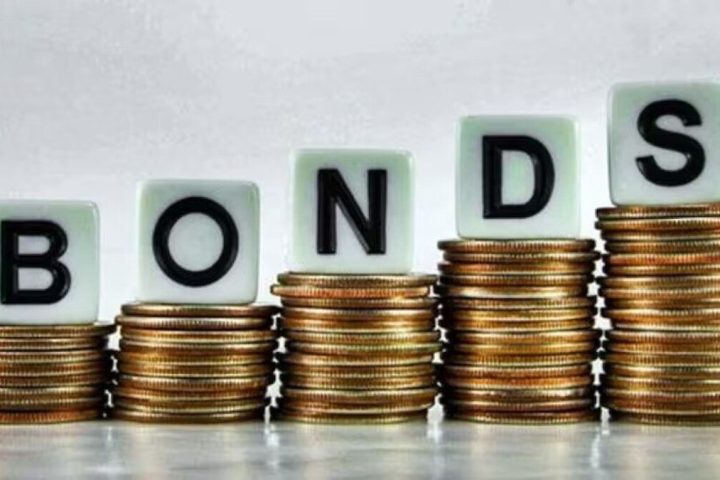Global stock markets on Monday, rattled by reports of a slowing US economy, recorded heavy declines in Asia, Europe and Africa.
The data triggered the “Sahm Rule,” when the three-month average unemployment rate rises 0.5 points above its 12-month low, a historically accurate recession indicator.The US accounts for nearly a quarter of global gross domestic product and can significantly influence global markets.
Join our WhatsApp ChannelThe Dow Jones Industrial Average fell 2.6%, while the Nasdaq composite and S&P 500 declined by 3.4% and 3.0%, respectively. Yesterday’s global decline began with Japan’s Nikkei 225 index, which fell over 12%, its largest single-day percentage drop since 1987. European markets saw major indexes drop around 3%. The turmoil also extended to cryptocurrencies, with Bitcoin falling over 10%.
Separately, losses in the “Magnificent Seven” tech stocks erased more than $650b from their combined market value.
The Nigerian stock market down by 0.17 per cent
The Nigerian stock market on Monday, joined the United States and others in depreciation, as investors around the world traded with caution after weak jobs data in America sparked concerns about the world’s largest economy.
Specifically, the major index in Nigerian stock market, Nigerian Exchange Limited All-Share Index (NGX ASI), was down by 0.17 per cent to close at 97,582.41 basis points, on Monday, and the technology-heavy Nasdaq index in US opened 6.3 per cent lower after a sharp decline at the end of last week, but pared its loses slightly.
After the trading on Monday, about 5.95 per cent or N11.30 per share drop in MTN Nigeria Communication Plc to N178.70 per share dragged the domestic stock market lower by N92 billion in market capitalisation.
Global markets meltdown hits Egypt — pushing the EGP to six-month lows
Egypt was not spared from the global equity sell-off. Between the EGP hitting an almost six-month low and the EGX falling. By the numbers: The EGP was changing hands at an average of 49.2 to the greenback — its lowest level since March — while the benchmark EGX30 dropped 2.3% to close at 27.8k yesterday, according to market data.
South African rand, stocks slide over US recession fears
South African stocks and the rand were down on Monday as global investor sentiment soured towards riskier assets due to growing fears over a possible recession in the United States.
At 1206 GMT, the rand traded at 18.5825 against the dollar , about 1.7% weaker than its previous close and near a two-month low. The rand had lost more than 2% against the greenback in earlier trade.
On Johannesburg Stock Exchange, the Top-40 (.JTOPI), opens new tab index was down about 2.3%, mirroring a sell-off on global stock markets.













Follow Us